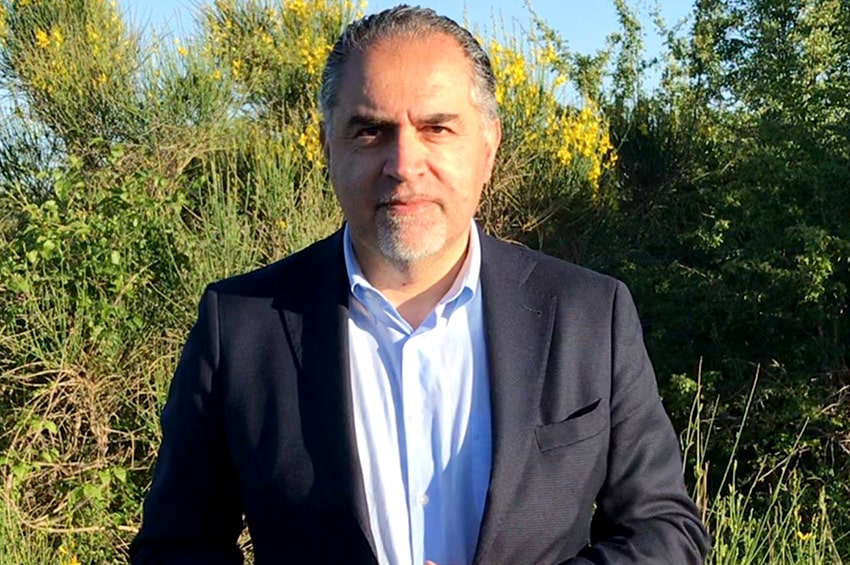Another three-year term for Prof. Francesco Ferrini, who was unanimously re-elected last night by the assembly of the Pistoia Ornamental Nursery District. His goals: “inclusion in the District of all stakeholders in the area and internationalization.” Next steps: the start of pot recycling in September and the construction of the Phytosanitary Self-Control Laboratory at GEA (which awaits the green light from the City and the Superintendence) by 2025.
Prof. Francesco Ferrini, full professor of arboriculture at the University of Florence, has been confirmed president of the Pistoia Ornamental Nursery District, Europe’s largest production hub for ornamental plants. A district that spans five municipalities in the Pistoia province-Agliana, Montale, Pistoia, Quarrata and Serravalle Pistoiese.
Ferrini’s re-election to the presidency of the district took place, with a unanimous vote of those present, during the district assembly held last night at the headquarters of the GEA – Green Economy and Agriculture research center, in Pistoia, 99 Via Ciliegiole. The term will last three years, until July 2027.As Ferrini mentioned in his introductory report, in which he summarized what has been done during his first term, there are three main projects carried out in this three-year period by the Pistoia Nursery District in collaboration with the Italian Nursery Association, the District’s referent entity. The most important, which should see the light at GEA by the end of 2025, is the Phytosanitary Self-Control Laboratory, which “aims to improve the quality and safety of nursery production through a self-control system based on laboratory analysis.” The consortium that will manage it, Pistoia Fitolab, has already been formed, and GEA, as its president Giovanni Palchetti disclosed at the meeting yesterday, as the owner of the land where it will be built, has recently applied to the City of Pistoia for permission to build it.
The green light from both the municipality and the Superintendency is expected in the coming months. “This laboratory,” Ferrini said, “as I was able to verify recently at the summer meeting in Budapest of the ENA – European Nurserystock Association (the association of European nurserymen, ed.), has no analogues in Europe, in the sense that there is no such laboratory, which can certify the health of plants, run by a specific association.
The second major project mentioned by Ferrini in his speech is “From pot to pot”: the agreement for a short chain of recycling plastic pots in the District’s nurseries, which just recently was announced by AVI and Revet to start next September. The third, the most challenging in terms of investment and infrastructure, and therefore still in the early stages, is the project for a “Green Aqueduct” that would allow the recovery of a share of wastewater from the San Colombano sewage treatment plant for irrigation purposes.
This project, as pointed out by Ferrini, “has attracted considerable interest from municipal and supra-municipal administrations” and could guarantee the Pistoia area, not just the District, against the risk of drought in the future.Risk that this year does not seem current, but that in the future could recur.
In addition to these three major projects, Prof. Ferrini focused on the activities carried out for training, which has been “a fundamental pillar of our mandate.” “We have collaborated and will collaborate even more closely in the future,” Ferrini said, “with schools, universities and research institutes to offer training and refresher courses to nurserymen, with the aim of improving technical skills and promoting the adoption of sustainable practices. Our commitment to training has helped create a new generation of nurserymen who are prepared and aware of the future challenges.”
After being re-elected, President Ferrini said that the goals of the next term are “to include additional representatives within the District, not excluding any actor from the area, and to internationalize the District, to better understand the importance abroad” All this always under the banner of the key words “eco-sustainability” and “competitiveness,” because, as Ferrini pointed out, “you are not competitive if you are not sustainable and you are not sustainable if you are not competitive.”













